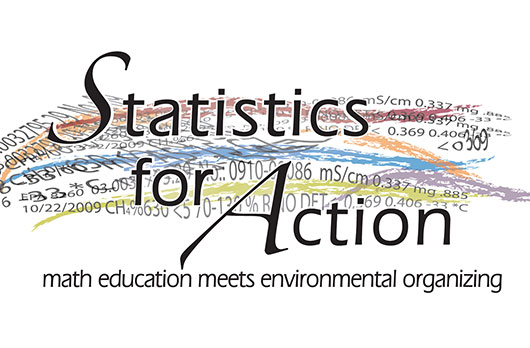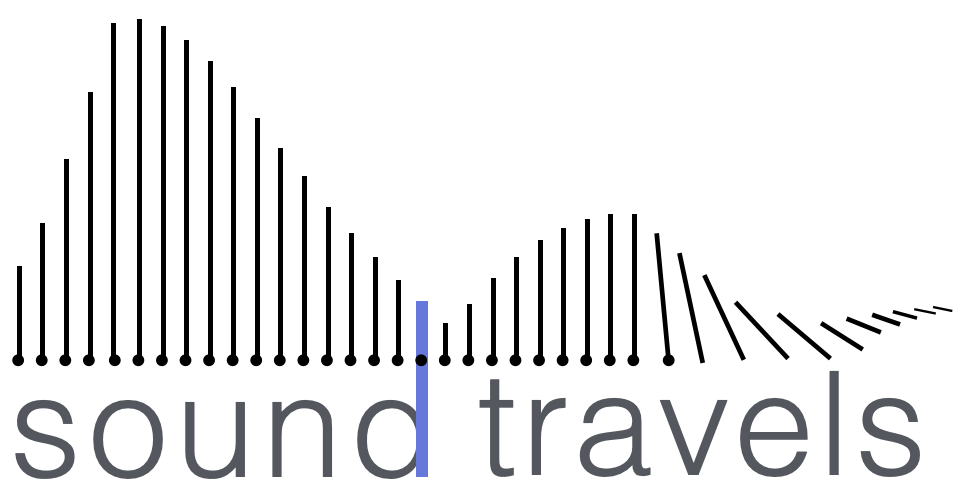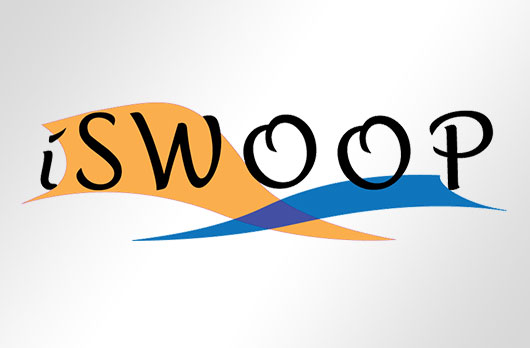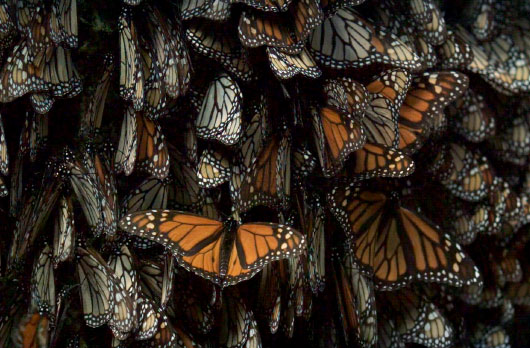Principal Investigator
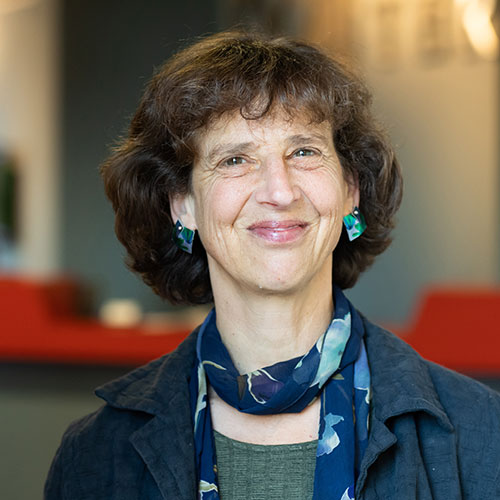
Program/Areas of Interest
Martha Merson is an educator who draws on visual arts and storytelling to enhance science, math, environmental health, and literacy learning for adults and youth in out-of-school settings.
Biography
Martha Merson serves as a Principal Investigator at the Education Research Collaborative at TERC in Cambridge, MA.
Martha is currently PI of Sound Travels. This project explores the auditory experience of visitors in several out-of-school STEM learning environments and will analyze sounds and their relationship to attraction, attention, and social learning. Together with Nickolay Hristov and Louise Allen, she led a science communication initiative in national parks, called iSWOOP (Interpreters and Scientists Working on Our Parks). For this project, National Park Service interpreters and scientists at five national parks collaborated on developing digital libraries of researchers’ visualizations for use with the public. iSWOOP project leaders worked with the interpreters on interactive techniques to increase curiosity, visual and science literacy, and enthusiasm for park-based research among park visitors.
In addition to peer-reviewed articles, the project published articles for youth and an illustrated version of tips for launching partnerships. (See www.terc.edu/iswoop/publications)
Martha was one of the main authors of EMPower: Extending Mathematical Power, a groundbreaking math curriculum produced by TERC appropriate for adults returning to school for a second chance. Across the US, adults and young adults who struggle with middle school level mathematics have used EMPower to develop mathematical proficiency.
Martha led Statistics for Action (SfA, 2007-2013). This NSF-sponsored project explored how environmental organizers and the community groups they serve can deepen their own understanding of math as well as be conduits for others’ understanding. Citizens who confront environmental issues such as landfill expansions or incinerator permits face a deluge of data from air, soil, and water quality reports, as well as financial and health claims about benefits and risks. SfA resources promote greater understanding. They are available for free downloading.
For the Mixing in Math and Math off the Shelf projects, Martha developed training modules, supported library and after-school partners, and contributed to materials design.
Martha currently works as an associate producer for journalism professor and documentary filmmaker Kendall Moore. Two films in development are funded by the National Science Foundation and explore the ethics and accountability for the legacy of racism along the Mississippi River and in museums. Martha volunteers for the The New Garden Society and plays pickleball for fun. She is a member of Jamaica Plain Progressives and Swing Blue Alliance.
Education
- Bryn Mawr College, German Literature, B.A. 1986
- Massachusetts College of Art, Sculpture, B.A. 2007
- University of Pennsylvania, Education, M.Ed. 1990
Highlighted Publications
Allen, L., Char, C., Wright, T., Merson, M. (2018). Beyond the Brown Bag: Designing effective professional development for informal educators. Integrative and Comparative Biology 58(1). https://doi.org/10.1093/icb/icy026
Char, C. 2015. To Be Inquisitive in the Natural World. Char Associates.
Forist BE, Merson M, Allen LC and Hristov NI (2021) A Moving Dune, A Stunning View: Visitors’ Recollections of a Ranger-Led Hike at Indiana Dunes National Park. Front. Educ. 6:675672. doi: 10.3389/feduc.2021.675672
Char, C., 2020. iSWOOP Implementation In National Parks Perspectives from Park Leaders, Interpreters, Visitors, and Scientists Report
Hristov, N., Strohecker, C., Allen, L., Merson, M. Designing for Broad Understanding of Science: Insights from practice. Integrative and Comparative Biology (58)1. https://doi.org/10.1093/icb/icy026
Hristov, N. Strohecker, C., Allen, L., Merson, M. 2019. Talking Visuals in a Digital Age. Legacy 10(5); 32-35
Merson, M., Allen, L., Cox, P., Hristov, N. (2016). Roving with a Digital Visual Library: Increased Learning Opportunities at Carlsbad Caverns National Park. Journal of Interpretation Research. 21(1).
Merson, M., Char, C., Hristov, N. and Allen L. (2018) Seeking Park-based Science Information: Interpreters at the Gate. George Wright Society Forum 34(3).
Merson, M., Char, C., McFarland, M., Hristov, N. I., and Allen, L. C., 2022. Feeling Accountable: Interpreting Park-Based Science in the 21st Century. Journal of Interpretation Research. https://doi.org/10.1177/10925872221084576
Merson, M. Finding a Way Forward: Diversity, Equity, and Inclusion at Indiana Dunes (2019). https://www.informalscience.org/news-views
Merson, M. Parker-Geisman, A., Allen, L. C., and Hristov, N. I. 2021. Research Briefs through Interpreters’ Eyes: Recommendations for scientists sharing park-based research. Bulletin Ecological Society of America 102(1). https://doi.org/10.1002/bes2.1739.
Merson, M., and Pattison, S. 2020. Connecting Field Trips and Family Interest: A Tool to Elicit English- and Spanish-Speaking Families’ Interests. Connected Science Learning October-December 2020 (Volume 2, Issue 4).
Merson, M., Pattison, S., Wright, T. Park Visitors’ Interests. iSWOOP Instrument Development and Piloting 2019. Cambridge, MA: TERC. Reports 1 and 2 and the Instrument.
Parker-Geisman, A. 2017. Inspiring Visitors’ Scientific Inquiry. Legacy 8(4).
Phillips, S., Merson, M., Allen, L. and Hristov, N. Millions of Monarchs and the Quest to Count them. Frontiers for Young Minds. https://kids.frontiersin.org/articles/10.3389/frym.2022.718328
Phiilips, S., Merson, M., Allen, L., Hristov, N., Brodman, R. Environmental Health through the Eyes of Indicator Species. Frontiers for Young Minds. https://kids.frontiersin.org/articles/10.3389/frym.2022.718606
Watkins, T., and Merson, M. 2017. What don’t we know; Messages about science. Legacy 8(4); 30-31.



